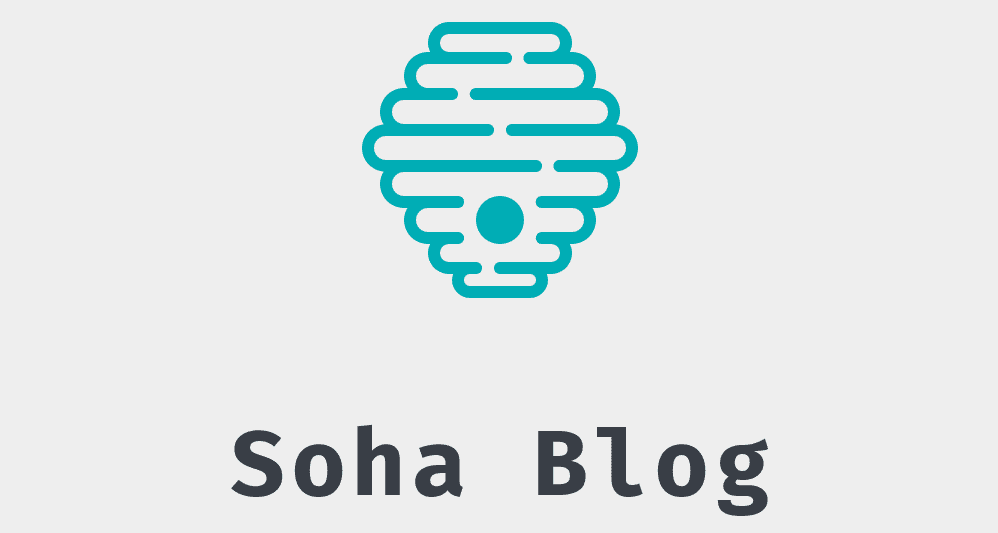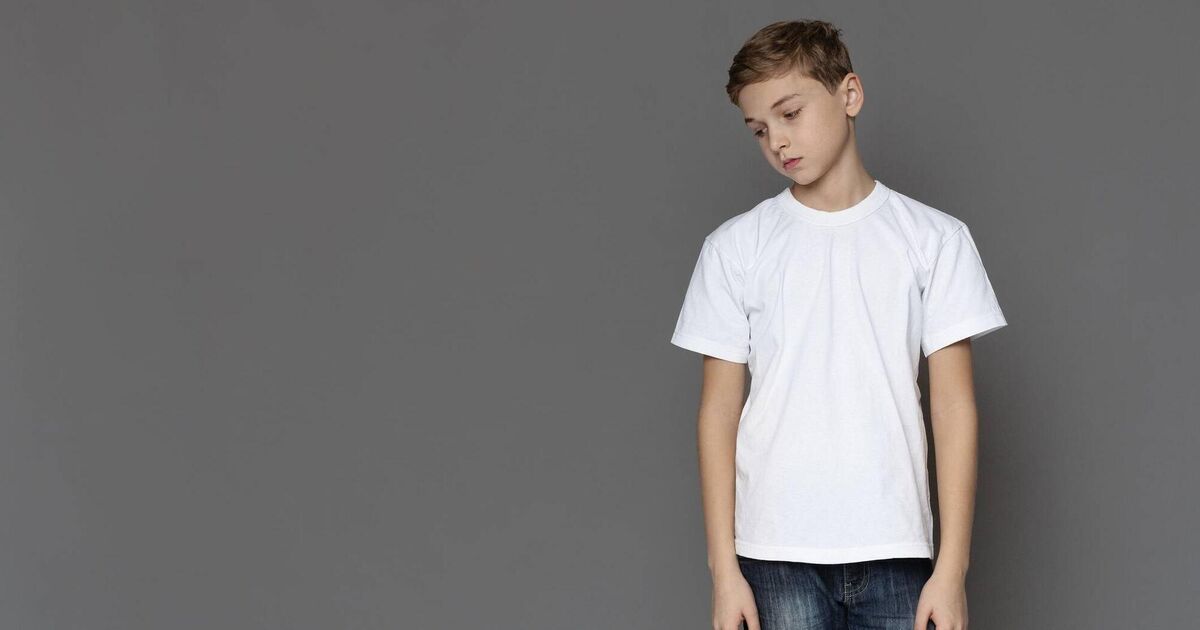The phrase “healer, heal yourself” was on my mind last week as I ran from one location to another on World Mental Health Day (October 10) to tell people people that they need to slow down.
Like Black Friday and Blue Monday, marketing around World Mental Health Day has gained traction every year.
This is a good thing because the more people talk about mental health, the higher the awareness of mental health issues.
Most young people understand the warning signs that indicate they need to seek help for their mental health.
The pressing issue is that they do not have access to professional support once their symptoms are identified.
For years, the public message has been that if you feel anxious or depressed, talk to someone. And while this is sound advice, it’s not always feasible. Who to talk to?
Most mental health services have long waiting times, and even families who can afford private therapeutic interventions are no longer immune to waiting lists.
After every school talk or parents’ evening I host, a number of parents inevitably come to me for advice on what they should do about their child’s mental health.
The sad reality is that their options are so limited that I cannot provide a satisfactory answer.
The irony that World Mental Health Day falls on the day the Government announces its annual budget is not lost on me.
The 2024 health budget will see mental health spending increase to almost 1.3 billion out of the total 22.5 billion allocated for health.
According to my calculations, this is no more than the 5-6% of the health budget allocated to mental health in the recent budget.
As the pandemic has created psychological challenges for many young people and the need for psychological support is at an all-time high, I predicted the proportion of overall health spending on mental health will be significantly taller this year.
We are in the midst of a housing and living costs crisis, but our mental health services are also in dire need of support.
News of long delays at public mental health services for children and young people as well as staffing problems across all mental health services has pointed to a crisis. panic.
The time for awareness hotlines and task forces has passed and we need to make a tangible investment in mental health infrastructure.
Mental health
Young people aged 11 to 30 are more likely to suffer from mental health problems than any other physical illness, but health budgets consistently fail to allocate funding to reflect this reality.
Mental health services are often described as the Cinderella of the HSE, a term used to describe its often invisible and forgotten role.
Establishing more mental health treatment centers is not the only solution. We need to invest in resources to help children be mentally healthy or identify children’s psychological needs early instead of constantly participating. Firefighting when children are mentally unwell.
Some may advocate that mental health awareness is the answer to this dilemma, but I am not convinced.
We need more tangible initiatives that focus on mental health rather than simply raising awareness of mental illness symptoms.
Simply listing common symptoms of mental disorders and encouraging young people to recognize warning signs and seek help will have limited impact.
Mental fitness is about having a range of social and emotional experiences that allow children to develop social understanding and emotional intelligence.
These skills cannot be acquired through exercises and workshops but are honed in hands-on experiential labs.
Through these experiences, we learn what makes us happy, what life experiences stress us out, and how to overcome life’s challenges and access support.
Social connection
Current mental health awareness models discuss the need for young people to pay attention to the physical benefits of good diet, sleep and exercise for mental health. their god.
They also encourage them to be more forgiving of themselves and to be aware of the dangers of prolonged pressure and stress.
But we also need to promote the role of social connections in maintaining mental health.
With many young people reporting feeling isolated and lonely due to the void of online communication, we need to emphasize the important role of face-to-face interaction.
This is not just my opinion, a large 2014 Canadian study by Murnaghan and Morrison found a positive association between feeling connected and mental health, promoting autonomy, capabilities and relationships.
We need to focus our resources on providing children with opportunities to undertake social and emotional experiences, which will help improve their mental health.
Especially now, our social and emotional experiences have been negatively impacted by the pandemic and we must ensure there are practical and tangible interventions to help young people get these opportunities.
These supports do not come in the form of providing more mental health treatment services; they are community-based outlets where young people can build their mental health and engage in social and emotional experiences.
I am not advocating completing more health workbooks in school. I am asking for real and affordable opportunities for children to connect and interact with each other in meaningful ways.
This could be achieved by establishing more youth clubs or providing young people with alternative non-adult ways to participate in the online world.
Community-based initiatives can give young people real opportunities to invest in their mental health rather than attending one-off workshops from experts mental health like me.
Mental health awareness has become clear, it is time to take action at the forefront.
- Dr. Colman Noctor is a child psychotherapist
#Colman #Noctor #action #mental #health #awareness #days
Image Source : www.irishexaminer.com

